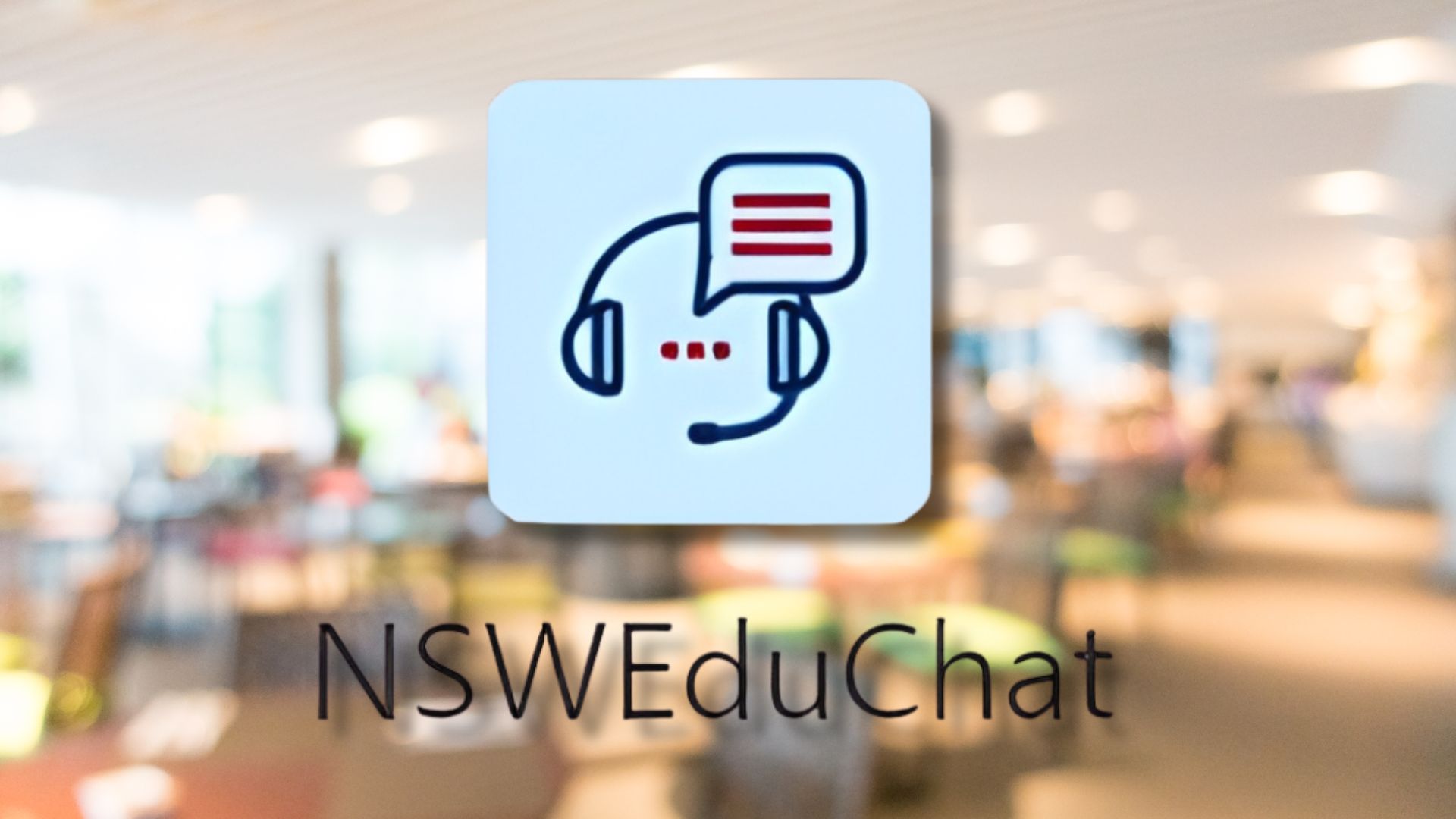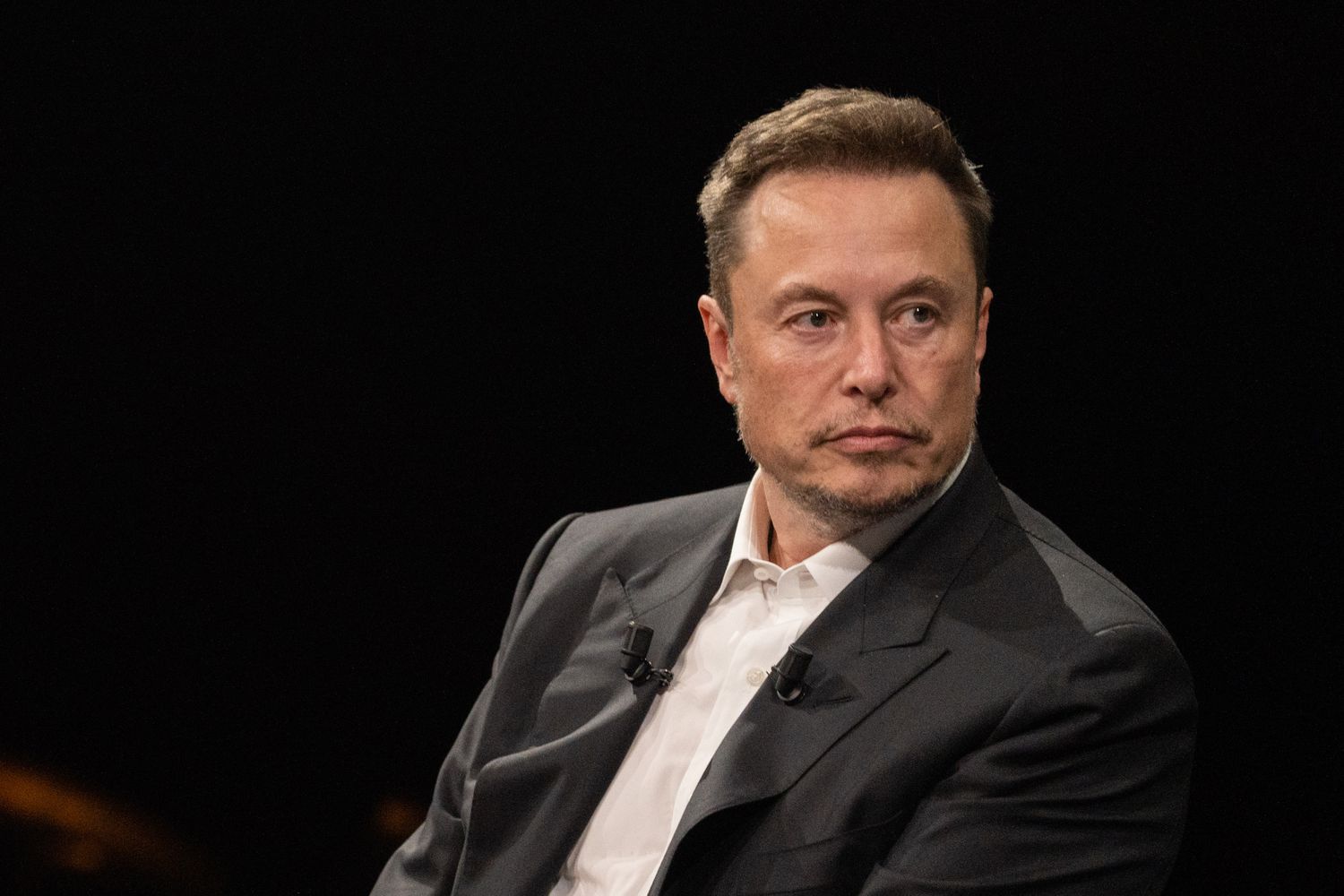Following successful school trials, the New South Wales Department of Education has confirmed the broader rollout of its in-house generative AI platform, NSWEduChat.
The tool, developed within the department’s Sydney-based cloud environment, prioritises privacy, security, and equity while tailoring content to the state’s educational context. It is aligned with the NSW AI Assessment Framework.
The trial began in 16 schools in Term 1, 2024, and then expanded to 50 schools in Term 2. Teachers reported efficiency gains, and students showed strong engagement. Access was extended to all staff in Term 4, 2024, with Years 5–12 students due to follow in Term 4, 2025.
Key features include a privacy-first design, built-in safeguards, and a student mode that encourages critical thinking by offering guided prompts rather than direct answers. Staff can switch between staff and student modes for lesson planning and preparation.
All data is stored in Australia under departmental control. NSWEduChat is free and billed as the most cost-effective AI tool for schools. Other systems are accessible but not endorsed; staff must follow safety rules, while students are limited to approved tools.
Would you like to learn more about AI, tech, and digital diplomacy? If so, ask our Diplo chatbot!









